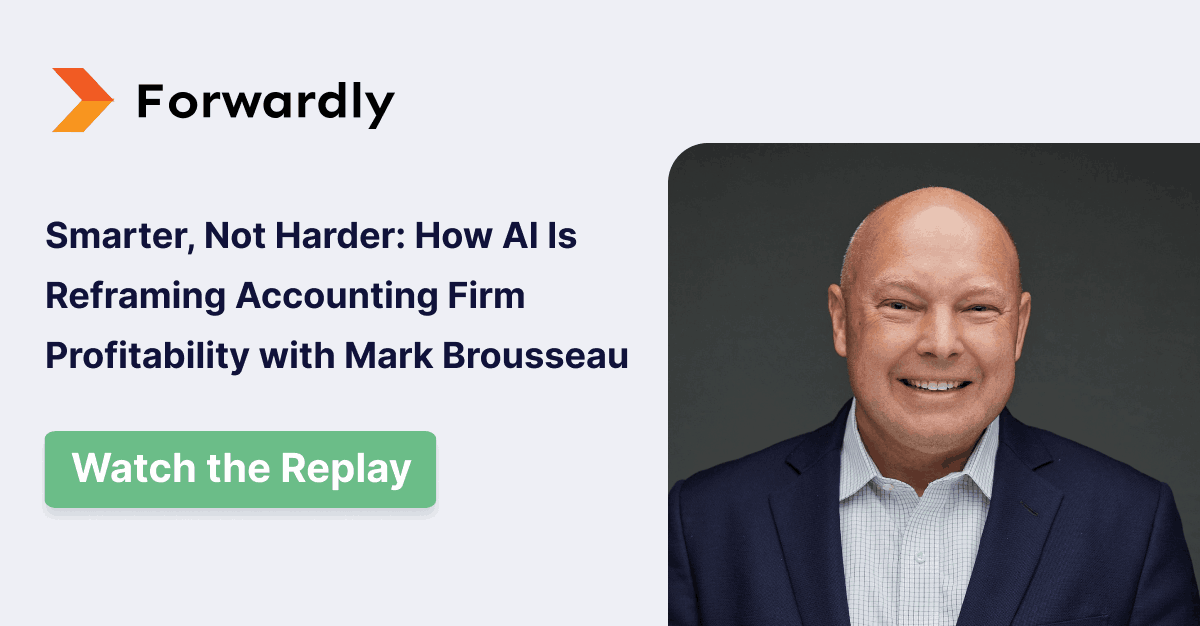Applying for business financing can sometimes seem like an opaque process. Yes, there’s some subjectivity involved in business financing approval — a human underwrites your loan, after all. But, for the most part, lenders use a fairly consistent set of qualifications across the board. No matter which small business financing options you’re seeking, lenders often look at one element before anything else: Your business and personal credit histories.
This means you’ll need to understand your credit history and how it affects your creditworthiness before applying. Once you’re approved, you’ll also need to know how getting that loan will affect your credit afterwards.
Credit history: Where business financing begins
Some types of business financing products are harder to qualify for than others — that’s a given. For instance, only the most qualified candidates with solid credit histories and consistently great revenue can score Small Business Administration (SBA) loans.
Before you can even understand if you’re in the running for certain business financing products, you’ll want to review the basic requirements for the business financing options you’re interested in. These requirements will vary from lender to lender. They’ll sometimes include revenue and time in business, but they’ll almost always include your credit rating.
Before you apply for business financing, lenders look at your credit history because it’s considered an objective representation of your history with debt. A credit report indicates risk: the better your report, the more likely they are to get their money back. And lenders are in the business of mitigating their risk. They tend not to lend to the riskiest borrowers with weaker credit histories.
Why both personal and business credit matter
Even if you’ve established a business entity, your personal credit still plays a major role, especially if your business is relatively new.
When you apply for funding, lenders often consider your personal credit score (usually ranging from 300–850) alongside your business credit score (often 0–100). If you’ve shown that you handle your personal debt responsibly, it suggests you’ll do the same for your business.
Personal credit scores factor in things like:
- Payment history
- Credit utilization ratio
- Length of credit history
- Types of credit used
- Recent credit inquiries
Business credit scores, on the other hand, include:
- Payment history with vendors and lenders
- Credit utilization
- Public records (like bankruptcies or liens)
- Company size and industry risk
The stronger both scores are, the better your chances of approval and the more favorable your loan terms will be.
Also read: The Ultimate Guide: Business Credit vs Personal Credit & How It Impacts Loans
A Strong credit score can save you money
A strong credit history is obviously hugely important for qualifying for business financing options. But, often, the stronger your credit rating, the less expensive your loan. Candidates with good credit history — and, subsequently, higher credit scores — will generally receive better repayment terms.
For example, if you apply for a $35,000 medium-term loan with a credit score of 810. You might receive a four-year monthly repayment at 8.5%. That’s $6,409.15 in interest. But maybe that same loan to a candidate with a score of 690 would have monthly repayment terms of three years at 15%. Try paying $8,678.31 instead. There are, of course, a lot of other factors that go into determining your loan terms. But credit history is a big piece.
How business financing options affect your credit rating
Once you’re approved for financing, it’s all about how you manage it.
Paying on time? Great, you’re building credit.
Missing payments? That’s where the trouble starts. Delinquencies or defaults can tank both your personal and business scores and make future funding harder (and more expensive) to get.
If you stay on top of payments, that positive history gets reported to credit bureaus and improves your creditworthiness over time. It opens the door to more competitive financing down the line — and may even allow you to refinance at better rates.
How business financing options can improve your credit
Before we get into doom and gloom, let’s look on the bright side. If you’re diligent about paying your loan bills on time and in full, according to the terms your lender sets, you’ll be able to raise your score. It makes sense: You’re proving to your lender that you are, in fact, responsible with debt.
If you pay off your loan like you should, you’ll put yourself in a great position to qualify for better financing products down the line — whether that’s a better business credit card or a higher-quality loan (like that SBA loan). You could even refinance your existing loan to lower the cost of your payments now that you’ve proven you can pay back your loan bills.
How business financing options can hurt your credit
On the other side of the coin, your credit rating could be at risk if you miss those payment due dates, or you’re not able to pay at all. This is what’s being called “delinquent” or “in default” respectively. Both are very, very bad news for your creditworthiness.
How three common financing options affect credit
Short-term loans
These are lump sums of cash you repay over a short period, usually with daily, weekly, or monthly payments. Small business term loans are great for quick capital needs, but can strain your cash flow if not managed properly.
Credit impact: Payments are reported to credit bureaus. Timely payments = credit boost. Missed payments = damage. Make sure you can manage the repayment schedule before committing.
Business line of credit
This flexible option works like a credit card. You’re approved for a limit, and you can draw funds as needed. You only pay interest on what you use.
Credit impact: Because you’re only using what you need, it’s easier to manage cash flow and stay current. It’s a great way to build credit, especially if you repay consistently and keep utilization low.
Invoice factoring
Invoice factoring isn’t a loan. Instead, you sell your unpaid invoices to a third party (a factor), who gives you a portion upfront and collects from your clients later.
Credit impact: None, because you’re not taking on debt, your credit report isn’t affected. In fact, freeing up cash might help you stay current on other obligations, indirectly supporting your credit.
Every business financing option affects your credit rating
If you take away nothing else, it should be that your credit history is really, really important. It’s important before you apply for business financing. It’s important after you apply for business financing. But it’s also something you can control.
The bottom line is that every business financing product affects your creditworthiness and overall financial health, but it’s up to you to decide whether it’s a negative or positive effect. The simplest way is to make certain that you’re only taking on the business financing options you can afford. And that’s done by having an airtight sense of your cash flow and sense of how business lenders view your risk.
 Back to Blog
Back to Blog

